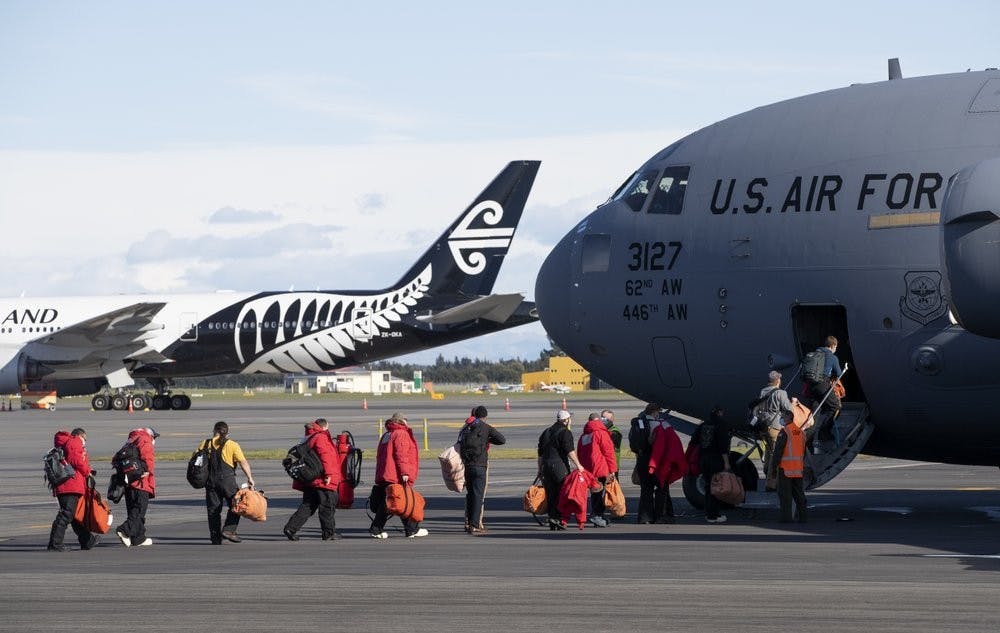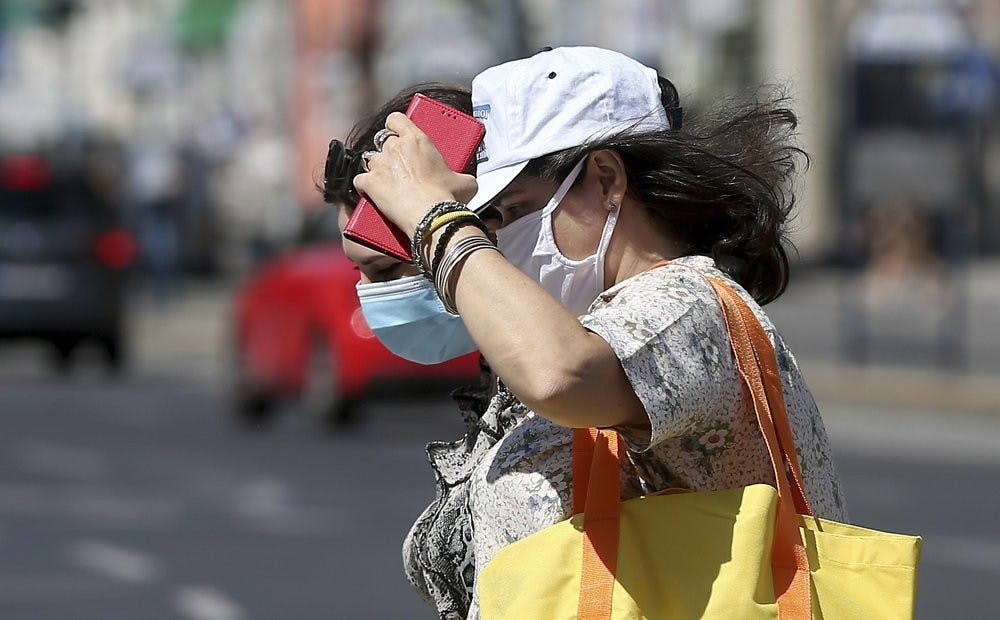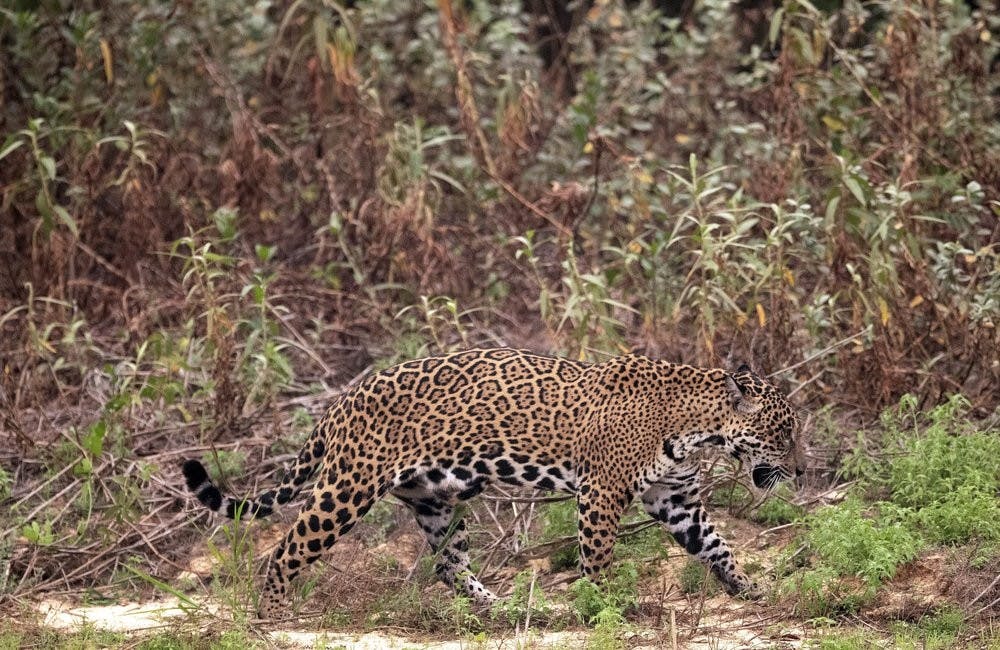Editor’s Note: This listicle is part of a weekly series by The Ball State Daily News summarizing five stories from around the world. All summaries are based on stories published by The Associated Press.
A flight to Antarctica takes extra precuations to keep the coronavirus away, Indonesia's capital under social restrictions to curb coronavirus spread, Austria sees the beginning of a second virus wave, volunteers and firefighters in Brazil try to save animals from burning wetlands and the Oxford-AstraZeneca coronavirus vaccine trials resume after a pause.

First US spring flight to Antarctica aims to keep out virus
The first U.S. flight into Antarctica following months of winter darkness arrived Monday with crews taking extra precautions to keep out the coronavirus. Antarctica is the only continent without the virus, and there is a global effort to make sure incoming scientists and workers don’t bring it with them. The U.S. Air Force flight left Monday from the gateway city of Christchurch carrying 106 passengers and crew, said Tony German, the U.S. Antarctic program’s representative in New Zealand. The flight was delayed for three weeks by big storms, resulting in an extended six-week quarantine for those aboard.

Indonesia’s capital under virus order, hospitals nearly full
Main streets were less crowded as Indonesia’s capital began two weeks of social restrictions Monday to curb a rise of coronavirus infections that has pushed its critical-care hospital capacity to unsafe levels. Jakarta Gov. Anies Baswedan announced the restrictions Sunday, to last from Monday to Sept. 27, in what he described as an emergency decision to control a rapid expansion in coronavirus cases in Jakarta. Social, economic, religious, cultural and academic activities will be restricted, with 11 essential sectors, like food, construction and banking, allowed to operate with health protocols and 50% of usual staffing levels.

Austria’s leader: 2nd wave of virus has begun, use caution
Austria is seeing the start of a “second wave” of coronavirus infections, the country’s leader said Sunday, urging citizens to comply with reinforced rules to keep down new cases and suggesting that companies keep employees working from home if possible. Austria had a relatively successful first phase of the pandemic but has joined other European countries in seeing a rise in infections in recent weeks. It recorded 869 new infections on Friday, the highest daily figure since late March. Chancellor Sebastian Kurz announced that day that the government would reimpose measures such as mandatory mask-wearing in shops.

Battle on to save Brazil’s tropical wetlands from flames
A vast swath of a vital wetlands is burning in Brazil, sweeping across several national parks and obscuring the sun behind dense smoke. Preliminary figures from the Federal University of Rio de Janeiro, based on satellite images, indicate that nearly 5,800 square miles (1.5 million hectares) have burned in the Pantanal region since the start of August — an expanse comparable to the area consumed by the historic blazes now afflicting California. It’s also well beyond the previous fire season record from 2005. Firefighters, troops and volunteers have been scrambling to find and rescue jaguars and other animals before they are overtaken by the flames.

Oxford and AstraZeneca resume coronavirus vaccine trial
Oxford University announced Saturday it was resuming a trial for a coronavirus vaccine it is developing with pharmaceutical company AstraZeneca, a move that comes days after the study was suspended following a reported side-effect in a U.K. patient. In a statement, the university confirmed the restart across all of its U.K. clinical trial sites after regulators gave the go-ahead following the pause on Sunday. The vaccine being developed by Oxford and AstraZeneca is widely perceived to be one of the strongest contenders among the dozens of coronavirus vaccines in various stages of testing around the world.





